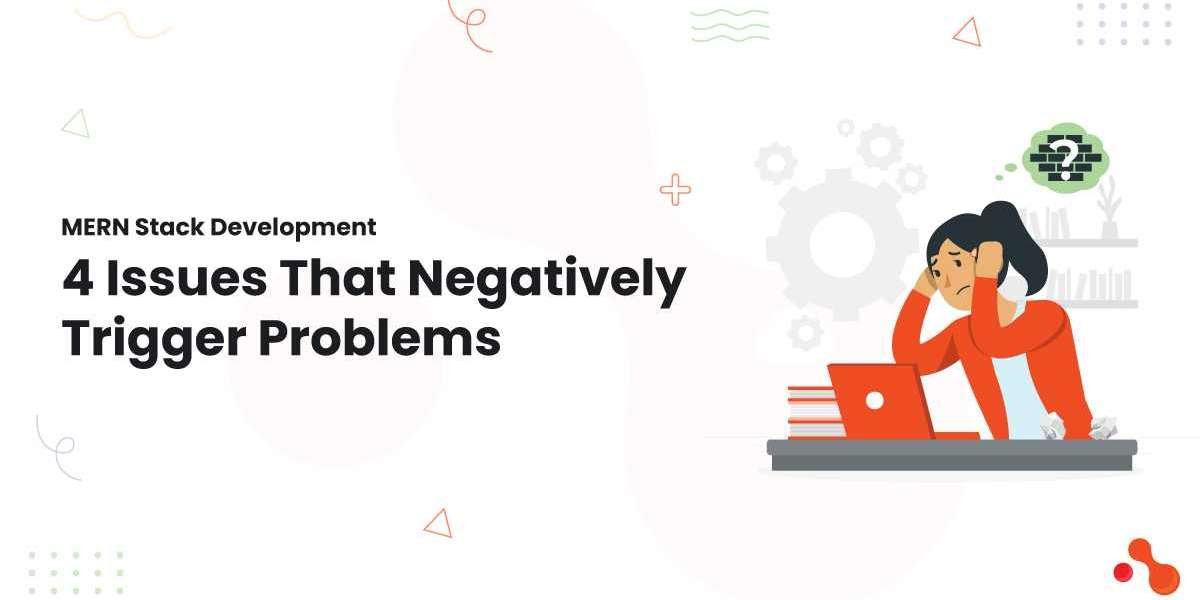In the modern age, dating apps have revolutionized the way people meet and connect. These platforms offer the convenience of finding potential partners with just a few swipes and taps. However, the convenience of dating apps comes with significant privacy concerns. Understanding the reality of dating app privacy is crucial for users who want to protect their personal information while seeking love or companionship online. Explore more about finding the reality of dating app privacy
Data Collection Practices
Dating apps require users to provide a variety of personal information to create a profile. This often includes names, ages, locations, photographs, and preferences in a partner. Some apps go further, asking for information about users' lifestyles, interests, and even sexual orientations. While this data helps create more accurate matches, it also poses a risk if not adequately protected.
These platforms often collect more data than users realize. Beyond the information provided during sign-up, many dating apps track users' behaviors within the app, including the profiles they view, the messages they send, and the time they spend on the platform. Some apps also access users' social media accounts to pull additional information and verify identities.
Privacy Policies and User Consent
Most dating apps have privacy policies that outline how user data is collected, used, and shared. However, these policies are often lengthy and filled with legal jargon, making it difficult for the average user to understand the full extent of data practices. Many users simply accept the terms without thoroughly reading them, unknowingly consenting to extensive data collection and sharing.
In many cases, users are not fully aware of how their data will be used or who will have access to it. For example, some dating apps share user data with third-party companies for advertising and analytics purposes. This means that personal information could be used to target ads or sold to other businesses, raising concerns about data security and privacy.
Risks of Data Breaches
The risk of data breaches is a significant concern for dating app users. Given the sensitive nature of the information shared on these platforms, a data breach can have severe consequences. Hackers who gain access to dating app databases can steal personal information, including names, email addresses, and even payment details for premium services.
In recent years, several high-profile dating app breaches have exposed millions of users' personal data. For instance, the Ashley Madison hack in 2015 revealed the identities of millions of users, leading to public shaming and personal repercussions. Such incidents highlight the vulnerability of dating apps to cyberattacks and the potential consequences for users.
Location Tracking and Stalking Concerns
Many dating apps use location tracking to help users find matches nearby. While this feature can enhance the user experience, it also raises privacy concerns. If not properly secured, location data can be exploited by malicious actors to track users' movements and pinpoint their exact locations.
There have been cases where individuals have used dating apps to stalk or harass other users. For instance, by creating fake profiles, stalkers can find out when their target is nearby and potentially approach them in person. This invasion of privacy can lead to dangerous situations and underscores the importance of robust security measures to protect user data.
Third-Party Access and Data Sharing
Dating apps often share user data with third-party companies for various purposes, including advertising, analytics, and improving app functionality. While this practice is typically disclosed in privacy policies, users may not fully grasp the implications. Third-party companies may not have the same level of data protection as the dating app itself, increasing the risk of data leaks and misuse.
Moreover, third-party companies can aggregate data from multiple sources, creating detailed profiles of users' online behaviors and preferences. This information can be used to serve targeted ads or even sold to other businesses, leading to further privacy erosion. Users may find themselves targeted by ads related to their dating app activities, which can be uncomfortable and intrusive.
Steps to Enhance Privacy
Despite the privacy risks associated with dating apps, users can take steps to protect their personal information. Here are some tips to enhance privacy while using dating apps:
Read Privacy Policies : Take the time to read and understand the privacy policies of dating apps before signing up. Pay attention to what data is collected, how it is used, and with whom it is shared.
Limit Personal Information : Provide only the necessary information when creating a profile. Avoid sharing sensitive details such as home addresses, financial information, or full names.
Use Strong Passwords : Protect your dating app accounts with strong, unique passwords. Avoid using the same password across multiple platforms to reduce the risk of hacking.
Enable Two-Factor Authentication : Whenever possible, enable two-factor authentication (2FA) to add an extra layer of security to your account.
Be Cautious with Location Sharing : Consider disabling location tracking features or limiting the app's access to your location. If you must use location-based features, ensure the app has strong security measures in place.
Monitor App Permissions : Regularly review the permissions granted to dating apps on your device. Revoke any permissions that seem unnecessary or invasive.
Stay Vigilant for Scams : Be aware of potential scams and fake profiles on dating apps. Do not share personal information or send money to individuals you meet online.
Use Privacy-Focused Apps : Consider using dating apps that prioritize user privacy and have a strong track record of protecting personal data. Look for apps that offer end-to-end encryption and do not share data with third parties.
Conclusion
Dating apps have transformed the way people meet and connect, offering convenience and new opportunities for finding love. However, the reality of dating app privacy is complex and fraught with risks. Users must be aware of data collection practices, potential breaches, and the implications of sharing personal information on these platforms. By taking proactive steps to protect their privacy, users can enjoy the benefits of dating apps while minimizing the risks to their personal information. Visit the official website of dentity.com













